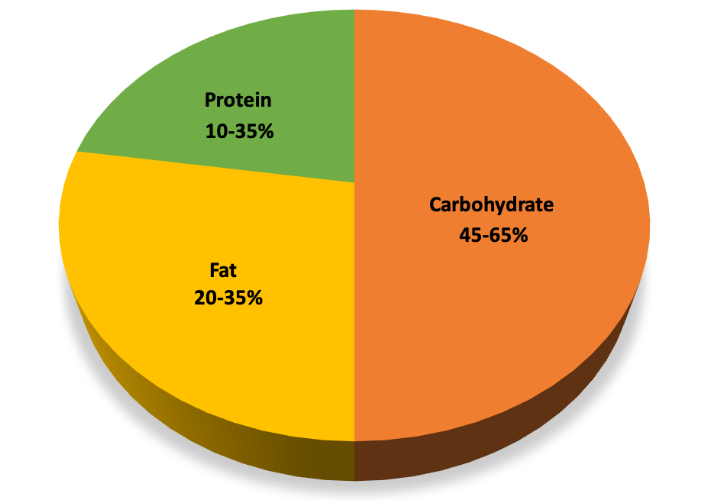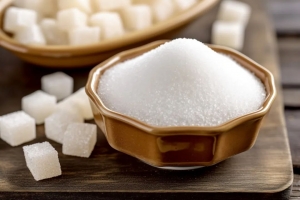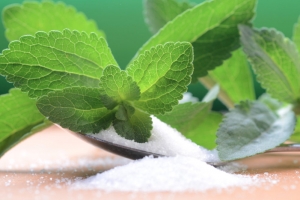Important regulatory agencies such as the European Food Safety Authority (EFSA) and the U.S. Food and Drug Administration (FDA) have not set an official Acceptable Daily Intake (ADI) for Monk fruit extract. An acceptable daily intake (ADI) is the maximum quantity of a substance that may be used for the rest of one's life without posing a significant danger to health.
Toxicology research and safety evaluations are used to establish an ADI for specific compounds, taking into account variables including consumption patterns and possible side effects. monk Fruit Extract does not, however, have a recognized ADI. This might be for a number of reasons, including the material's perceived safety at quantities that are often used as sweeteners.

It's crucial to remember that guidelines and suggestions are subject to change when new information and analysis becomes available. It is advisable to verify the most recent and precise information on the permissible daily consumption of monk fruit extract by contacting regulatory bodies like the FDA, EFSA, or other pertinent health authorities in your area.
 The regulation of Monk Fruit Extract (also known as Luo Han Guo extract) varies across different cou
The regulation of Monk Fruit Extract (also known as Luo Han Guo extract) varies across different cou
 Health Canada Approves Monk Fruit Extract as a Natural Sweetener
Health Canada Approves Monk Fruit Extract as a Natural Sweetener
 New Breakthrough in Allulose: A Healthier Sugar Alternative Gains Momentum
New Breakthrough in Allulose: A Healthier Sugar Alternative Gains Momentum
 Understanding Reb-M: The Benefits of a Next-Generation Sweetener
Understanding Reb-M: The Benefits of a Next-Generation Sweetener